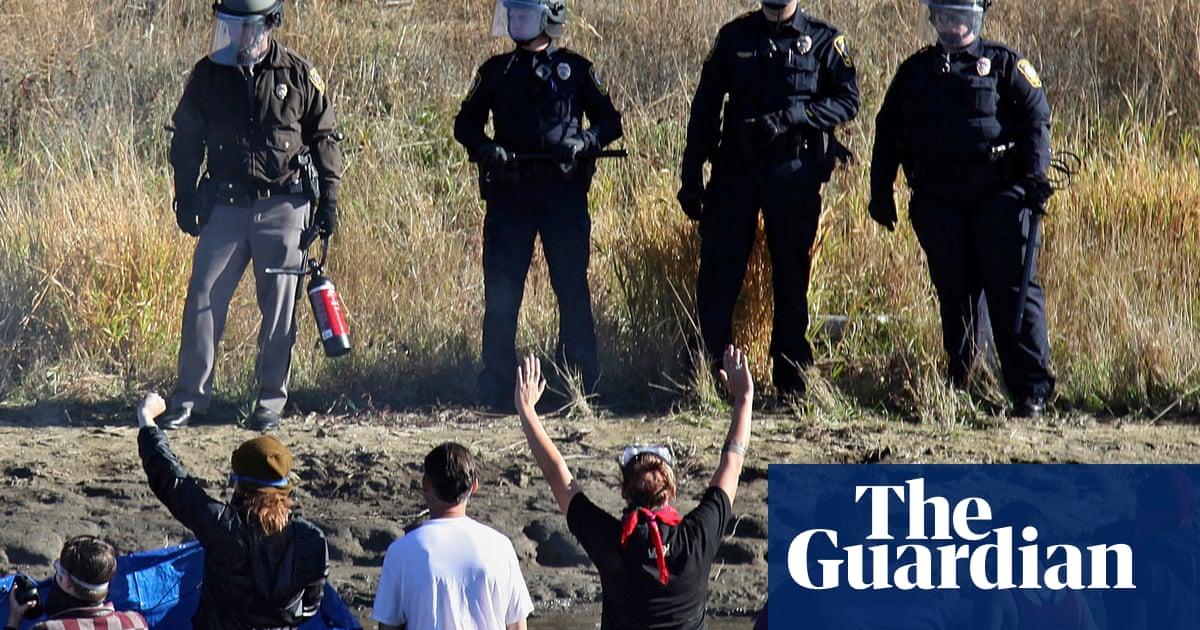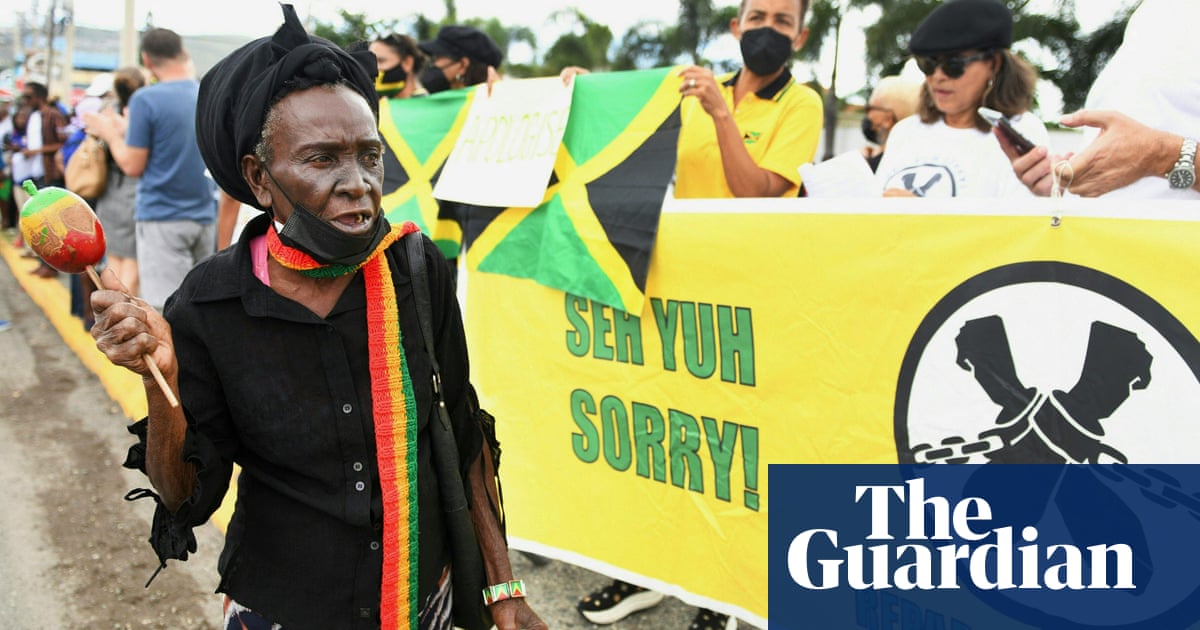Ward Sakeik, a stateless Palestinian woman who was detained in February on the way back from her honeymoon, was released from immigration detention after more than four months of confinement.
“I was overfilled with joy and a little shock,” she said at a press conference on Thursday. “I mean, it was my first time seeing a tree in five months.”
She ran to her husband, who had come to pick her up. “I was like, oh my God, I can touch him without handcuffs and without a glass. It was just freedom.”
Sakeik, 22, was detained in February on her way home from her honeymoon in the US Virgin Islands. Prior to her arrest, she had been complying with requirements to check in with Immigration and Customs Enforcement since she was nine.
After she was detained, the US government tried – twice – to deport her. The first time, she was told she was being taken to the Israel border – just as Israel launched airstrikes on Iran. The second time, Sakeik was told once again she would be deported – despite a judge’s order barring her removal from her home state of Texas.
Sakeik’s family is from Gaza, but she was born in Saudi Arabia, which does not grant birthright citizenship to the children of foreigners. She and her family came to the US on a tourist visa when Sakeik was eight and applied for asylum – but were denied. The family was allowed to remain in Texas as long as they complied with requirements to check in with Immigration and Customs Enforcement.
In the years that passed, Sakeik graduated high school and college at the University of Texas, Arlington, started a wedding photography business, and married her husband, 28-year-old Taahir Shaikh. She had begun the process of obtaining a green card.
She and her husband had bought a home – and had begun the process of renovating it.
But 10 days after her wedding, on the way back from her honeymoon, Sakeik’s life was upended. “I married the love of my life. We spent 36 hours in the house that we were renovating for six months,” she said. “After a few hours from returning from our honeymoon, I was put in a gray tracksuit and shackles.”
Sakeik was joined by her husband, her attorneys and community leaders for the press conference, at a hotel in Irving, Texas, where she had previously photographed weddings. “I never thought that I would be back in this hotel giving a speech about something extremely personal,” she said.
Sakeik said she was transferred between three different detention centers, and at various points faced harrowing conditions. During her first transfer, she was on a bus for 16 hours. “We were not given any water or food, and we could smell the driver eating Chick-fil-A,” she said. “We would ask for water, bang on the door for food, and he would just turn up the radio and act like he wasn’t listening to us.”
Sakeik said she did not eat because she was fasting for Ramadan. Eventually, she said: “I broke my fast next to a toilet in the intake room.”
At the Prairieland detention center, Sakeik said there was so much dust that “women are getting sick left and right”.
“The restrooms are also very, very, very much unhygienic. The beds have rust everywhere. They’re not properly maintained. And cockroaches, grasshoppers, spiders, you name it, all over the facility. Girls would get bit.”
Throughout, Sakeik was preoccupied with the worry that she would be deported. Had she been sent to Israel without documents proving her nationality, she worried she would be arrested.
“I was criminalized for being stateless, something that I absolutely have no control over,” she said. “I didn’t choose to be stateless … I had no choice.”
The Department of Homeland Security has claimed Sakeik was flagged because she “chose to fly over international waters and outside the US customs zone and was then flagged by CBP [Customs and Border Protection] trying to re-enter the continental US”.
But the Virgin Islands are a US territory – and no passport is required to visit there.
“The facts are: she is in our country illegally. She overstayed her visa and has had a final order by an immigration judge for over a decade,” said assistant secretary Tricia McLaughlin.
The agency did not respond to questions about why it tried to deport her despite a judge’s order barring her removal. Later, the agency amended its statement to add: “Following her American husband and her filing the appropriate legal applications for her to remain in the country and become a legal permanent resident, she was released.”
Sakeik said she felt “blessed” that she had been released from detention – but also conflicted about all the women she had gotten to know during her confinement. They would often stay up late talking, share meals, and follow along with workout videos the detention facility had provided.
“A lot of these women don’t have the money for lawyers or media outreach,” she said. “So if you’re watching this, I love you, and I will continue to fight for you every single day.”

 5 hours ago
3
5 hours ago
3

















































